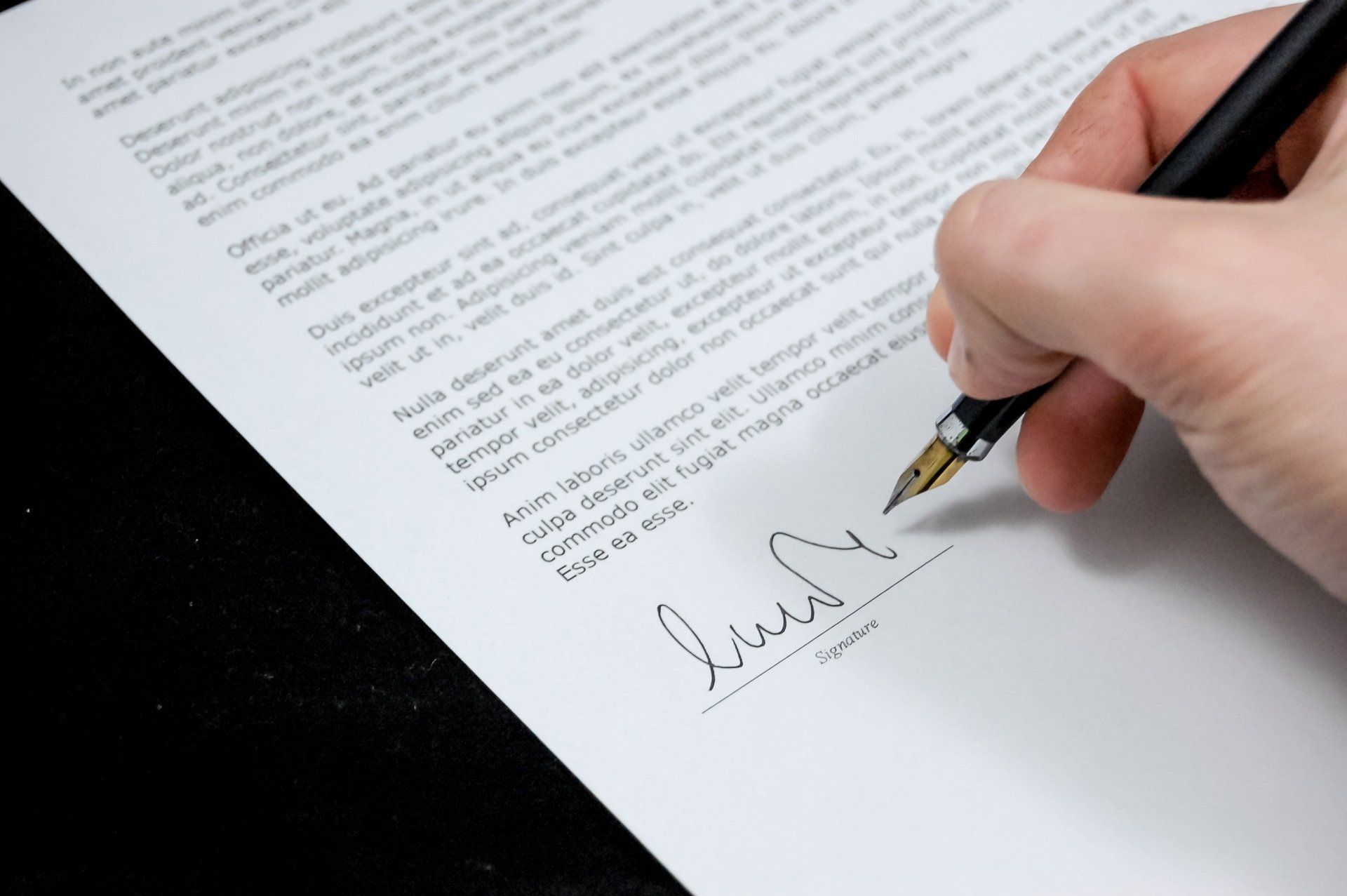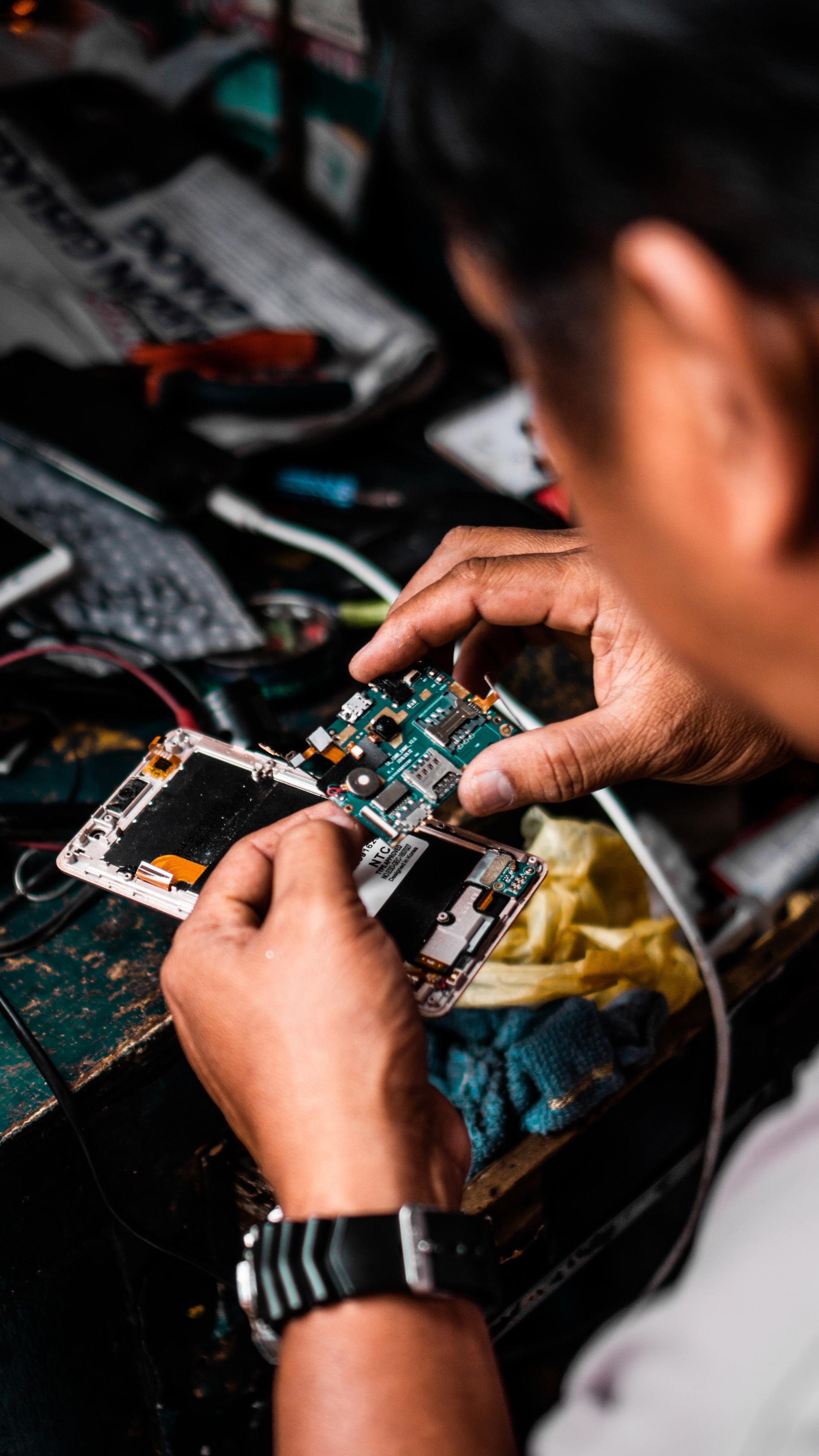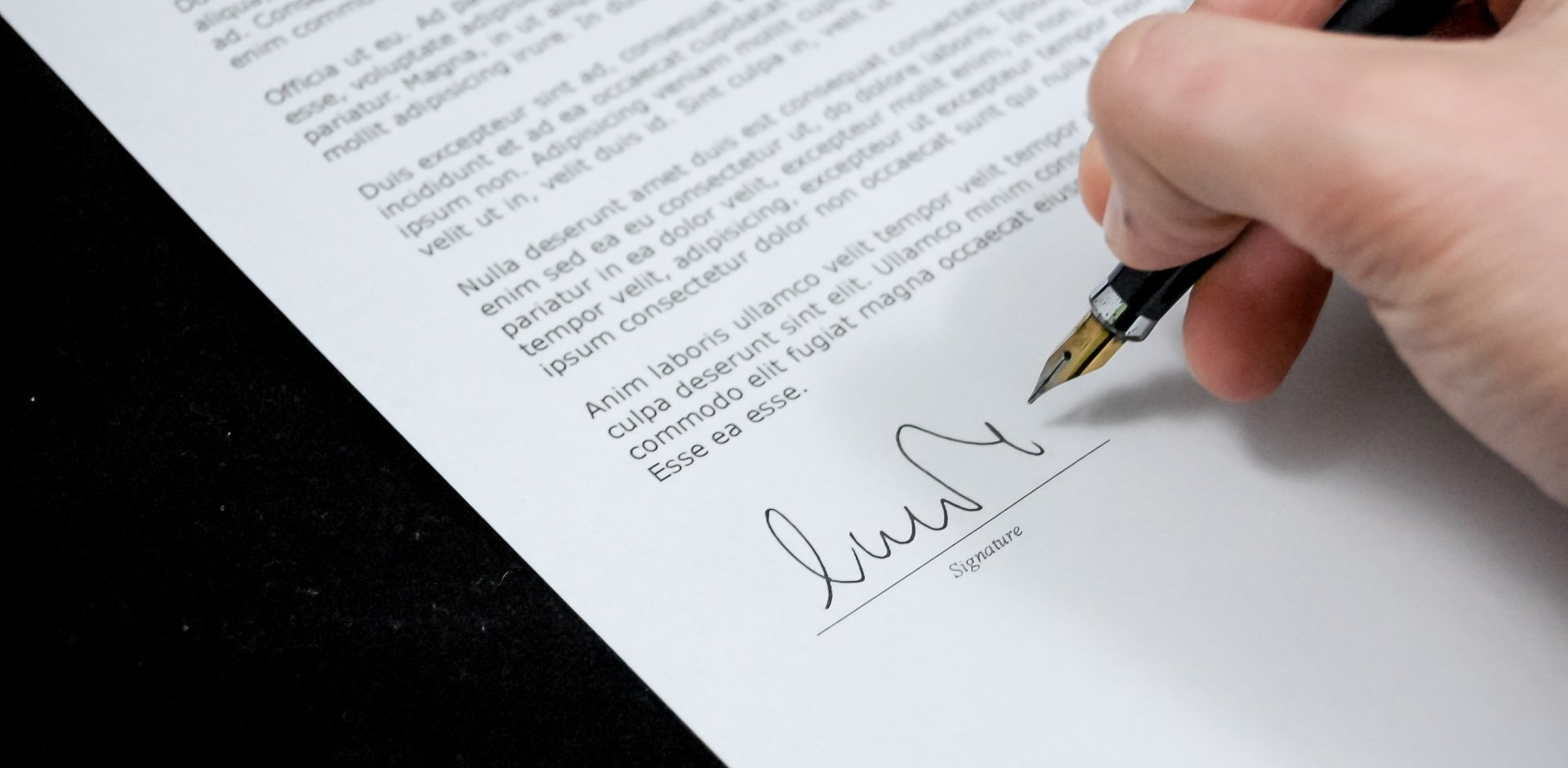O-1 Visa for Persons of Extraordinary Abilities (Business, Arts, Television, etc.)
O-1 Visa for Persons of Extraordinary Abilities
(Business, Arts, Television, etc.)
The O-1 nonimmigrant visa is for the individual who possesses extraordinary ability in the sciences, arts, education, business, or athletics, or who has a demonstrated record of extraordinary achievement in the motion picture or television industry and has been recognized nationally or internationally for those achievements.
The O-1 nonimmigrant visa is for the individual who possesses extraordinary ability in the sciences, arts, education, business, or athletics, or who has a demonstrated record of extraordinary achievement in the motion picture or television industry and has been recognized nationally or internationally for those achievements.
Qualification
Qualification
The O nonimmigrant classification is commonly referred to as:
- O-1A: individuals with an extraordinary ability in the sciences, education, business, or athletics (not including the arts, motion pictures or television industry)
- O-1B: individuals with an extraordinary ability in the arts or extraordinary achievement in motion picture or television industry
- O-2: individuals who will accompany an O-1, artist or athlete, to assist in a specific event or performance.
- O-3: individuals who are the spouse or children of O-1’s and O-2’s
General Eligibility Criteria
To qualify for an O-1 visa, the beneficiary must demonstrate extraordinary ability
by sustained national or international approve and must be coming temporarily to the United States to continue work in the area of extraordinary ability.
Extraordinary ability
in the fields of science, education, business or athletics means a level of expertise indicating that the person is one of the small percentage who has risen to the very top of the field of endeavor.
Extraordinary ability in the field of arts means distinction. Distinction means a high level of achievement in the field of the arts evidenced by a degree of skill and recognition substantially above that ordinarily encountered to the extent that a person described as prominent is renowned, leading, or well-known in the field of arts.
To qualify for an O-1 visa
in the motion picture or television industry, the beneficiary must demonstrate extraordinary achievement evidenced by a degree of skill and recognition significantly above that ordinarily encountered to the extent the person is recognized as outstanding, notable or leading in the motion picture and/or television field.
Source: uscis.gov
Our immigration attorneys have extensive experience in immigration law and can guarantee you competent and effective legal representation in pursuing your lawful Non-Immigrant Visa. Schedule an appointment online (in person or phone call consultations) to learn more about how you can acquire your Non-Immigrant Visa and work in the United States.
Questions
For any further questions you can contact our office by scheduling an appointment with us.
Blog Posts
Blog Posts

If you've made it to the United States as a culinary professional—perhaps on an O-1B visa that recognizes your extraordinary talent, or a P-3 visa for sharing your rich culinary heritage—congratulations! You’ve already proven yourself as a standout in your craft. But what if we told you that your journey doesn’t have to end when your temporary visa does? In fact, your current status could be the perfect stepping stone to something much more lasting: a green card through the EB-1A category. The EB-1A visa is a first-preference employment-based immigrant visa, designed for individuals with “ extraordinary ability ” in fields such as the arts, sciences, education, business, or athletics. And yes—culinary arts absolutely count. The key is demonstrating that your skills have risen to the very top of your field. If you've already gone through the O-1 or P-3 process, you're likely well on your way . Here’s the good news: much of the evidence used to obtain your O-1B or P-3 visa can be repurposed for your EB-1A petition . Awards, press features, expert testimonials, and proof of your work in prestigious kitchens or at cultural events—they're all valuable again. But what’s even more exciting is that everything you’ve accomplished while in the U.S. on your temporary visa—whether launching a signature tasting menu, starring in a food documentary, or leading culinary workshops—can now be used to further strengthen your case. According to USCIS, EB-1A applicants must meet at least three of ten criteria unless they’ve received a major internationally recognized award. These criteria include things like published material about your work, original contributions of major significance, high salary, and a critical role in distinguished organizations. For many chefs, especially those who’ve thrived in the U.S. hospitality scene, it’s absolutely achievable with the right guidance. What sets the EB-1A apart is that it does not require an employer sponsor . That’s right—you can self-petition! This means your culinary career can be as flexible and entrepreneurial as you want it to be, whether that means opening your own restaurant, expanding into media, or continuing to cook your way into America’s heart. Even better? It can be one of the fastest paths to a green card available. With premium processing, your I-140 petition can be adjudicated within just 15 business days. And if your country’s EB-1 visa category is current on the visa bulletin at the time of approval, you may be eligible to file your green card application immediately. This combination of speed, autonomy, and flexibility makes EB-1A an incredibly attractive next step in your immigration journey. At Santos Lloyd Law Firm, we love helping creative professionals take their next big step. If you’ve already wowed the world with your cuisine, the EB-1A may be your opportunity to stay and make your mark for good. Contact us today to find out if the EB-1A is the next right step for you!

If you are planning on filing an O1B visa based on your extraordinary ability, you may need to provide some reference letters as part of the evidence for your application.
You can use letters for various requirements. One specific requirement for the O1B that you will definitely need letters for is the requirement: Evidence the beneficiary has received significant recognition for achievements from organizations, critics, government agencies, or other recognized experts in the field in which the alien is engaged. Such testimonials must be in a form which clearly indicates the author’s authority, expertise, and knowledge of the alien’s achievement. The letters should come from individuals who work within the same field and explain their own background and accomplishments within that field. The individual should also be familiar with the applicant’s work and be able to attest to that person’s accomplishments within the specified field. Letters from individuals without experience within the same field as the a







